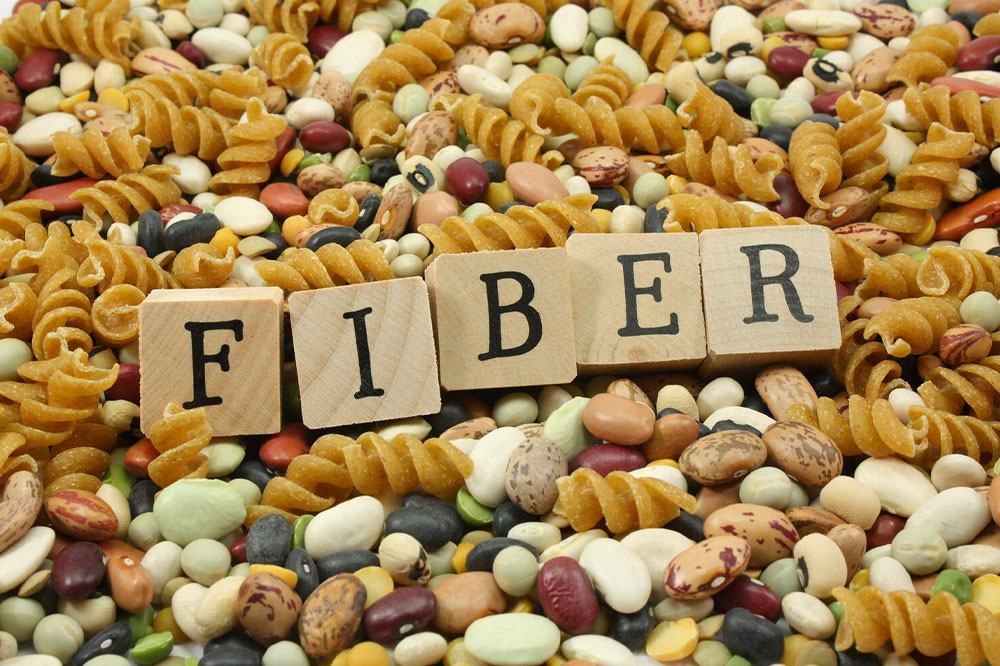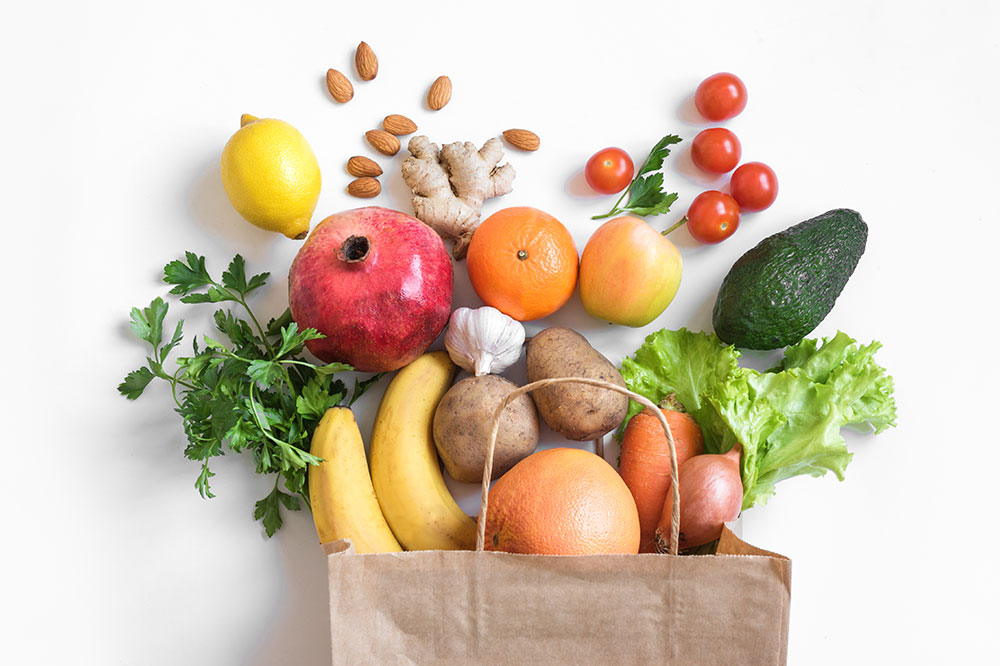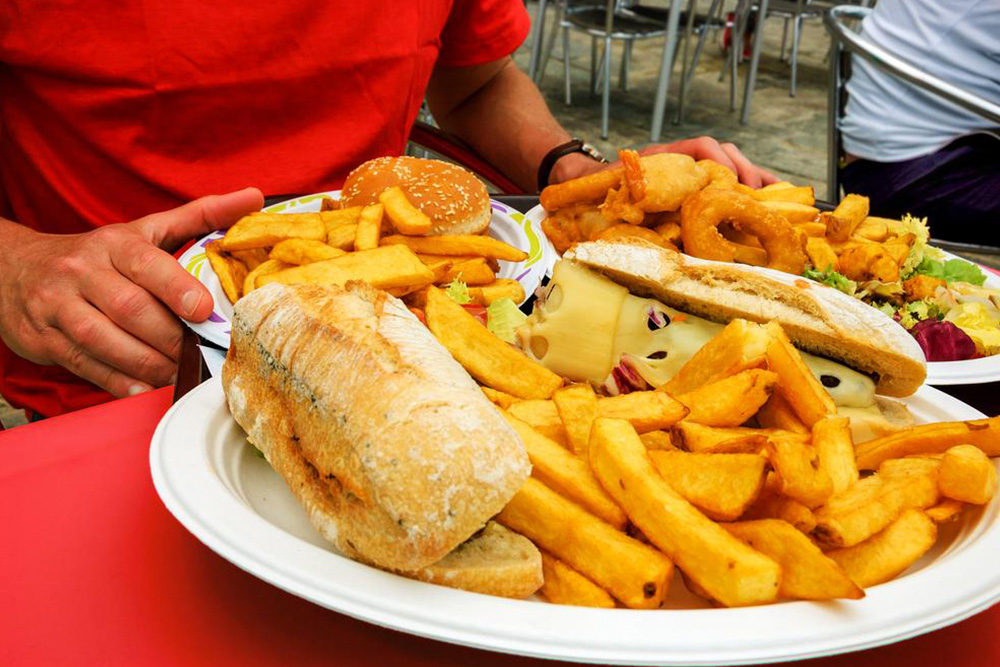Comprehensive Dietary Strategies for Ovarian Cancer Patients: Nutritional Guidelines to Support Recovery and Wellbeing
This comprehensive guide offers dietary strategies for ovarian cancer patients, emphasizing foods to include and avoid during treatment. It highlights the importance of balanced nutrition, lifestyle modifications, and holistic practices to support recovery, immune health, and overall wellbeing. Expert advice emphasizes personalized plans and the role of supplements, making it a valuable resource for patients seeking to optimize their health throughout treatment and beyond.

Essential Foods to Embrace and Avoid During Ovarian Cancer Treatment
Ovarian cancer is characterized by the uncontrolled growth of abnormal cells in the ovaries, forming malignant tumors that can spread and become life-threatening if not diagnosed early and treated promptly. The main treatment options usually include surgical intervention and chemotherapy; however, the role of diet and lifestyle adjustments plays an equally vital part in the overall management and recovery process. Proper nutrition boosts the immune system, supports tissue repair, and can help alleviate some side effects associated with treatment. Conversely, certain foods may exacerbate symptoms or interfere with treatment efficacy.
Understanding what to eat and what to avoid can empower ovarian cancer patients to take control of their health. This comprehensive dietary guide outlines the best foods to incorporate into your diet during treatment, along with those that should be limited or avoided to prevent complications and improve overall wellbeing.
Foods to Incorporate into Your Diet
Before implementing significant dietary changes, it is essential to consult with your healthcare provider or a registered nutritionist to ensure the diet aligns with your specific medical needs. The following foods are recommended for their nutritional benefits and potential to support your health during treatment:
Eggs: Rich in high-quality protein and vital nutrients, eggs can help maintain energy levels and support tissue repair.
Cheese: Provides calcium and protein, contributing to bone health and muscle strength.
Milk: A source of calcium, vitamin D, and other essential nutrients; moderate consumption is advised.
Unsalted Nuts: Packed with healthy fats, protein, and fiber, which can help sustain energy and promote satiety.
Fruits: Especially berries like blueberries, rich in antioxidants that combat oxidative stress and inflammation.
Vegetables: Crucial for vitamins, minerals, and fiber; beneficial options include cauliflower, Brussels sprouts, and broccoli.
Whole Grains: Such as oats, brown rice, and whole wheat bread, providing sustained energy and fiber for digestive health.
Fish: Rich in omega-3 fatty acids, which have anti-inflammatory properties and support heart health.
Blueberries: High in antioxidants and phytochemicals that can bolster immune health.
In addition to these foods, incorporating dietary supplements like selenium, iron, and vitamin C can offer further support during recovery. However, always seek medical advice prior to adding supplements to your diet, as individual needs vary. During treatment, patients may experience decreased appetite; nonetheless, consuming a varied and nutrient-dense diet remains critical to facilitate healing and maintain strength.
Foods to Avoid
To manage symptoms and prevent potential complications, it is equally important to steer clear of certain foods:
Fried Foods: These can cause digestive discomfort and are generally high in unhealthy fats.
Excessive Salt: High sodium intake may lead to water retention and hypertension.
Alcohol: Can impair immune function and interact negatively with medications.
Sugary Sodas and Beverages: Contribute to inflammation and provide empty calories.
Caffeinated Drinks: Such as coffee and energy drinks; excessive caffeine may lead to dehydration and gastrointestinal upset.
Beyond dietary choices, certain lifestyle modifications can significantly enhance recovery:
Eat 6-8 small, frequent meals daily to help manage nausea and improve nutrient absorption.
Practice portion control to avoid overwhelming the digestive system.
Stay well-hydrated with water and electrolyte-balanced beverages.
Include high-calorie, nutritious drinks like hot chocolate, fruit smoothies, and fruit juices to maintain caloric intake.
Enjoy milkshakes or protein shakes as healthy snacks to boost energy levels and nutrient intake.
Post-treatment care emphasizes ongoing nutritional support to address long-term health and potential side effects. Furthermore, a holistic approach that incorporates mental wellness practices—such as meditation, yoga, massage, reiki, and music therapy—can reduce stress, enhance relaxation, and promote overall resilience during the recovery journey. Prioritizing both physical and mental health creates a comprehensive strategy that fosters healing and improves quality of life for ovarian cancer patients.



